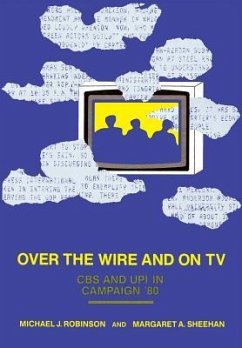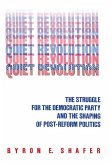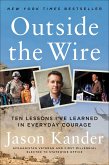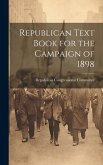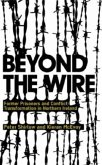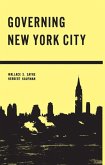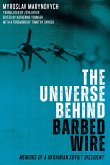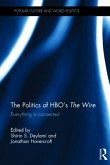First the press became the media, and now the media have become the Imperial Media--or have they? In this timely and comprehensive analysis, Michael Robinson and Margaret Sheehan examine how the news media behaved (or misbehaved) in covering the 1980 presidential campaign. Using the media's own traditional standards as a guide, Robinson and Sheehan measure the level of objectivity, fairness, seriousness, and criticism displayed by CBS News and United Press International between January and December of 1980. Drawing on statistical analyses of almost 6,000 news stories and dozens of interviews with writers and reporters, the authors reach convincing and sometimes surprising conclusions. They demonstrate, for example, that both CBS and UPI strictly avoided subjective assessments of the candidates and their positions on the issues. Both gave the major parties remarkably equal access. But the media seem to give more negative coverage to front-runners, treating serious challengers less harshly. Perhaps the most surprising finding is that networks were not more superficial than print; CBS attended to the issues at least as often as UPI. Robinson and Sheehan find television coverage more subjective, more volatile, and substantially more negative than traditional print. But CBS behaved neither imperially nor irresponsibly in Campaign '80. The networks did, however, emulate the more highly charged journalism of the eastern elite print press. By blending the quantitative techniques of social science and the tools of Washington-based journalism, Robinson and Sheehan have produced a book that will be essential reading for students and practitioners of politics, public opinion research, journalism, and communications. Lively and readable, it should also appeal to anyone interested in the role of the news media in contemporary politics.
Hinweis: Dieser Artikel kann nur an eine deutsche Lieferadresse ausgeliefert werden.
Hinweis: Dieser Artikel kann nur an eine deutsche Lieferadresse ausgeliefert werden.

